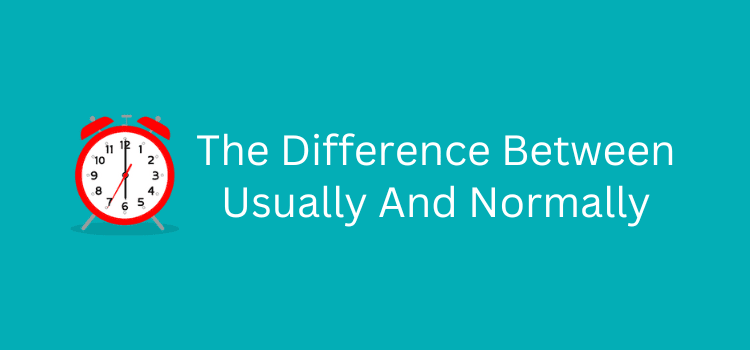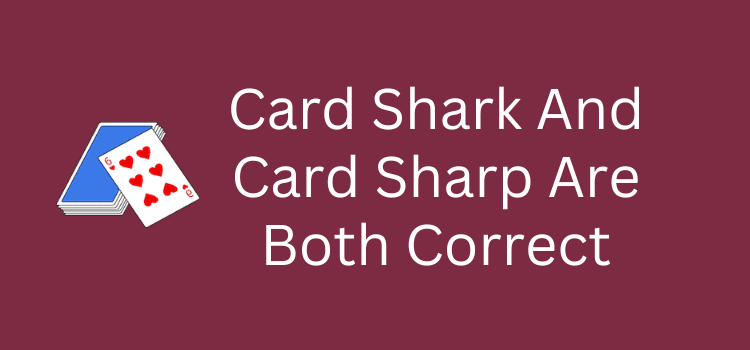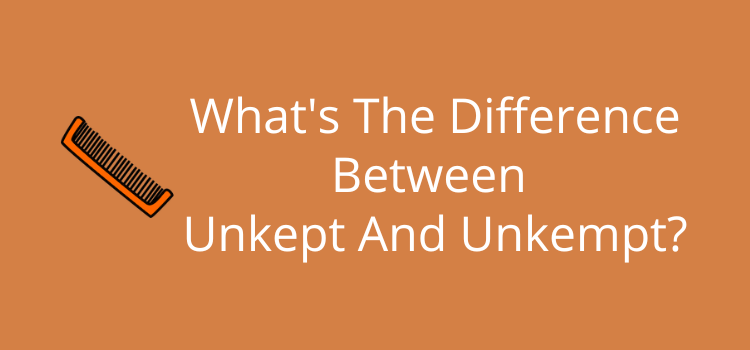Do Usually And Normally Share The Same Meaning?
The adverbs, usually and normally, have similar meanings and are often interchangeable. They both indicate a degree of frequency. But these two words have a subtle difference that can influence their use in different contexts. Normally refers to an action that is standard or normal or conforms to a set of rules. However, the adverb usually…










